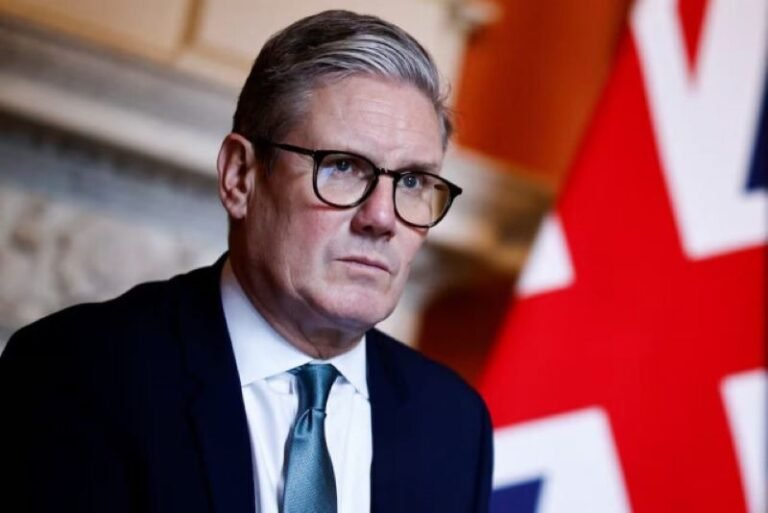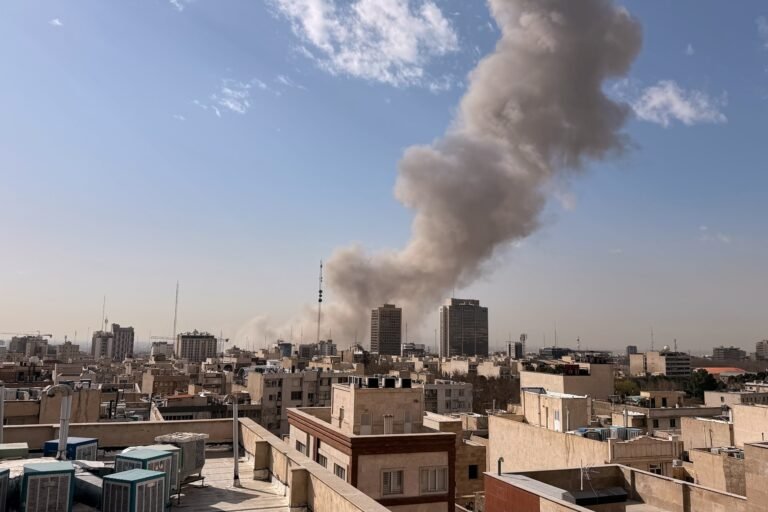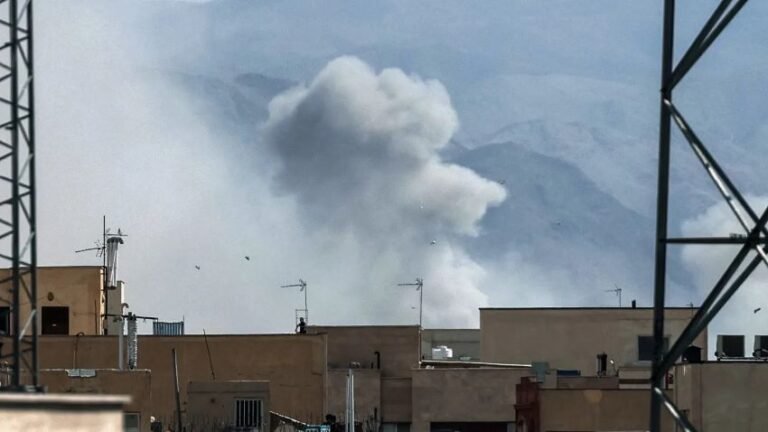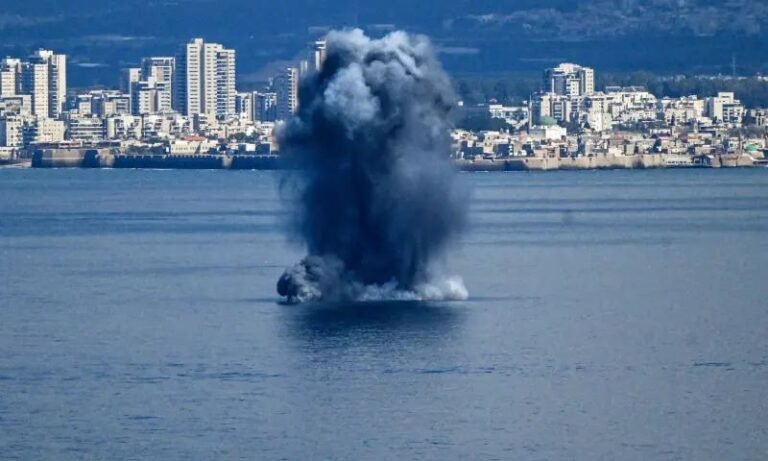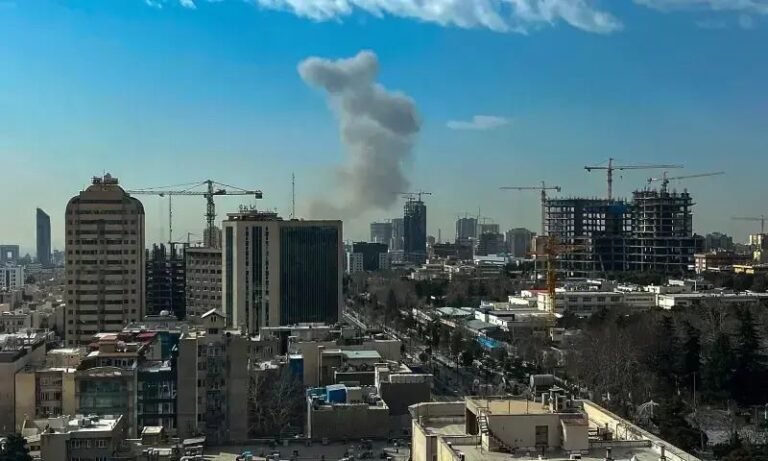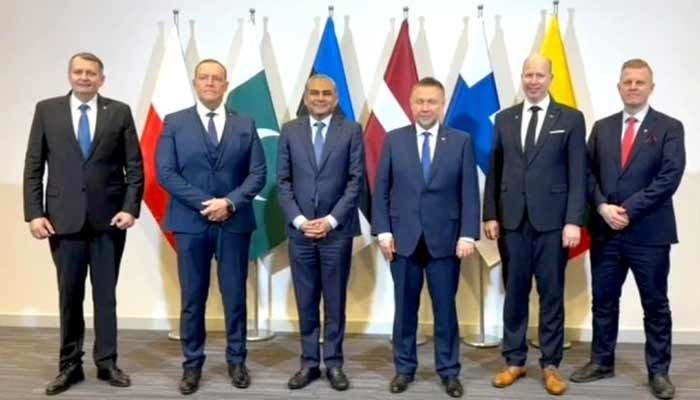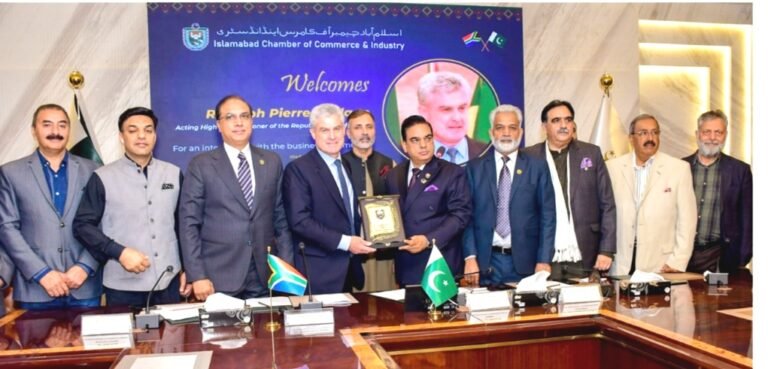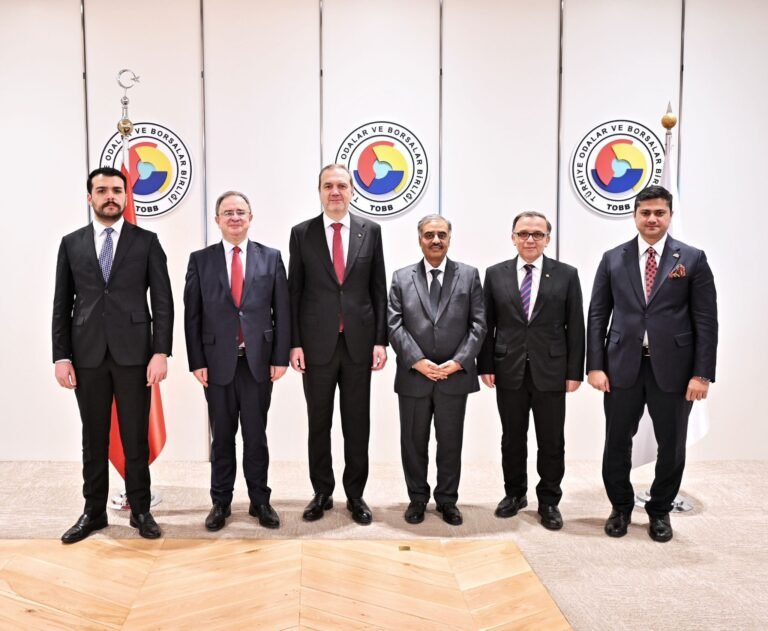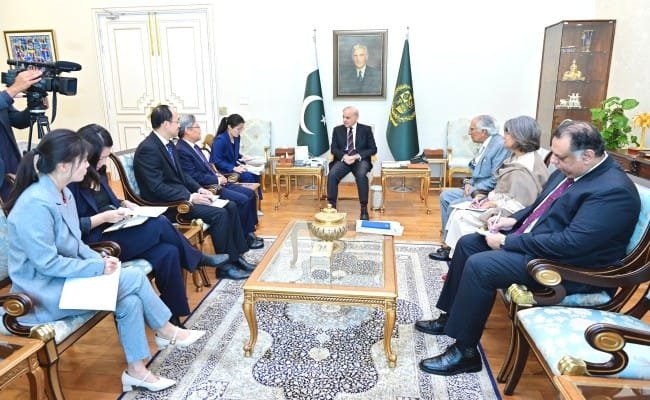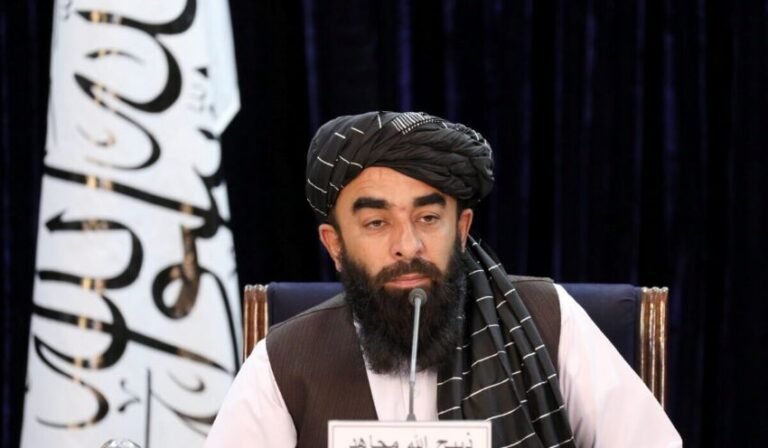Quetta, 26 November 2022 (TDI): Sheikh Mohamed Bin Zayed Al Nahyan Institute of Cardiology was inaugurated in Quetta, the capital of Baluchistan province, on Friday.
شیخ محمد بن زاید آل نہیان انسٹی ٹیوٹ آف کارڈیالوجی کا منصوبہ کوئٹہ میں 121,406 مربع میٹر کے رقبے پر 27.30 ملین امریکی ڈالر کی لاگت سے ابوظہبی فنڈ فار ڈویلپمنٹ کے تعاون سے مكمل کیا گیا pic.twitter.com/1DuyaVHuRT
— UAE Embassy PK (@uaeembassyisb) November 25, 2022
The institute is established on the directives of the President of the United Arab Emirates (UAE) Zayed Al Nahyan. Additionally, Deputy Prime Minister, Mansour Bin Zayed Al Nahyan followed up on the project till its completion.
Also read: UAE provides assistance to Pakistan following floods
The institute is built on an area of 121,406 square meters, and for $27.30 million funded by the Abu Dhabi Fund for Development.
UAE implemented the project as part of the continuous support of leadership to facilitate the humanitarian and development projects in Pakistan.
Inauguration Ceremony
The ceremony started with a briefing on the project and a presentation of UAE’s humanitarian development projects previously implemented in Baluchistan.
Also read: Pakistan expresses solidarity with UAE over floods
This was followed by Pakistan’s outgoing Army Chief Qamar Javed Bajwa’s unveiling of the commemorative plaque to mark the official opening of the Institute.
He was accompanied by the UAE Ambassador to Pakistan, Al-Zaabi, and Al-Ghafli, the Director of the UAE Pakistan Assistance Programme (UAE PAP).

After the unveiling, the participants prayed for the good health, success, and wellness of Mohamed Bin Zayed. Speaking on the occasion, Al-Ghafli added that such initiatives contribute to the comprehensive development of the individual and society of Pakistan.
It will enable Pakistan to exercise its effective role in providing the best healthcare services to its citizens. At the end of the ceremony, the guests toured the wards of the institute.
The wards are equipped with the latest machinery and a state-of-the-art cardiology facility. It is to be noted that the ceremony was also attended by the Governor of Baluchistan, Mir Jan Jamali along with doctors, paramedical staff, and senior civil and military officials.
Facilities provided by the Institute
The institute consists of 17 buildings. The main building includes outpatient departments, a dental department, a cardiac catheterization room, and inpatient suites with a capacity of 120 beds.
Moreover, a dialysis department with a capacity of 18 beds, a pharmacy, and eight specialized laboratories for medical examinations are present.
It is estimated that the institute will facilitate 12 million Pakistanis in Baluchistan with service providence to over 500 patients daily and 182,000 patients annually.
The medical staff of 136 doctors and specialists, in addition to 350 nurses and technicians will work in the institute.



